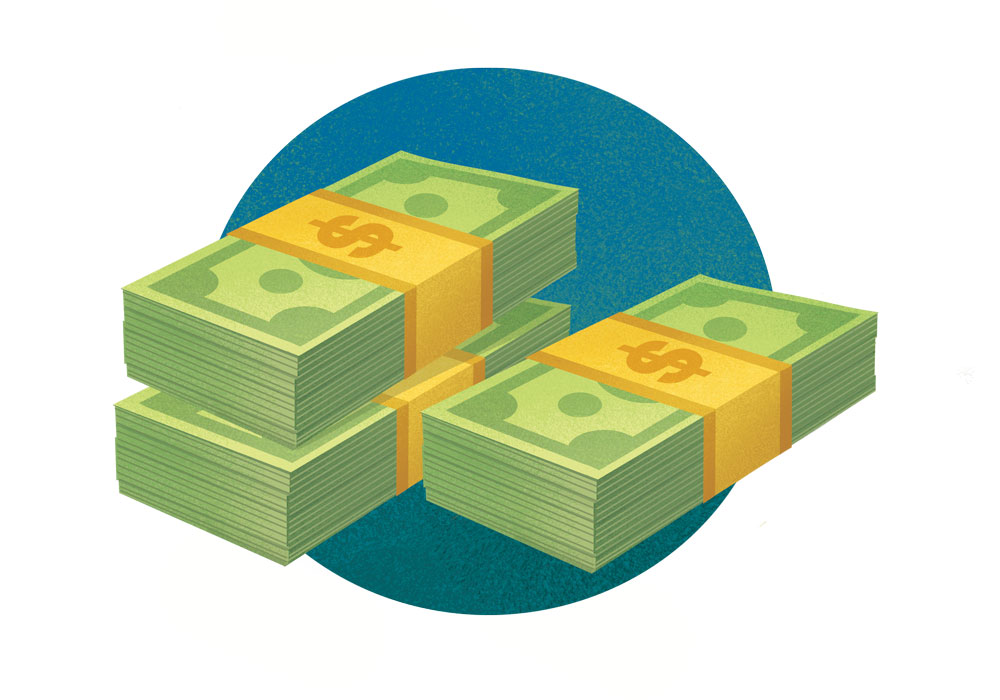The House Appropriations Committee recently released its draft outline for the Labor, Health and Human Services, and Education 2020 funding bill, allocating more than $189 billion in discretionary funding for education and training, medical research, and health care. The legislation includes funding for the National Institutes of Health (NIH), U.S Food and Drug Administration, Centers for Disease Control and Prevention (CDC), Health Resources and Services Administration (HRSA), and Centers for Medicare and Medicaid Services. For 2020, the House Appropriations Committee increased funding by $11.7 billion over 2019 levels.
“We invest in people’s health through groundbreaking medical research at National Institutes of Health, our public health and food safety infrastructure at Centers for Disease Control and Prevention, and women’s health,” U.S. Representative Rosa DeLauro (D-CT) said about the bill’s funding priorities. “Through billions in smart, increased investments, our bill will help people across the country at every stage of their life. I look forward to passing it into law.”
Committee Chair Nita Lowey (D-NY) added her support, noting that the bill, “includes increased funds for lifesaving medical research, opioid abuse treatment and prevention, early childhood education, women’s reproductive health, student debt relief, and job training.”
Additionally, for the first time in more than 20 years, the funding bill also includes money to ensure CDC can conduct scientific research to reduce injuries and save lives from gun violence.
Other highlights include:
NIH: The institute would receive a total of $41.1 billion, an increase of $2 billion above 2019. The funds would support several critical research initiatives, including:
- $3.2 billion for HIV/AIDS research
- $500 million for the All of Us precision medicine research initiative
- $195 million for the Cancer Moonshot research initiative
- $50 million for the Childhood Cancer Data Initiative
CDC: With an increase of $921 million above the 2019 enacted level, CDC would receive a total of $8.3 billion in 2020. It includes additional funding for numerous public health efforts, including:
- $140 million to support CDC’s efforts to reduce new HIV infections by 90% in 10 years
- $250 million, an increase of $40 million, to address tobacco and e-cigarette education
- $123.4 million, an increase of $25 million, for global disease detection efforts
HRSA: The bill includes $7.6 billion for HRSA, which is $475 million above 2019 funding.
- $1.7 billion, an increase of $50 million, for the Health Center Program
- $2.4 billion, an increase of $116 million, for the Ryan White HIV/AIDS Program
- $1.2 billion, an increase of $138 million, for HRSA’s Bureau of Health Professions programs






